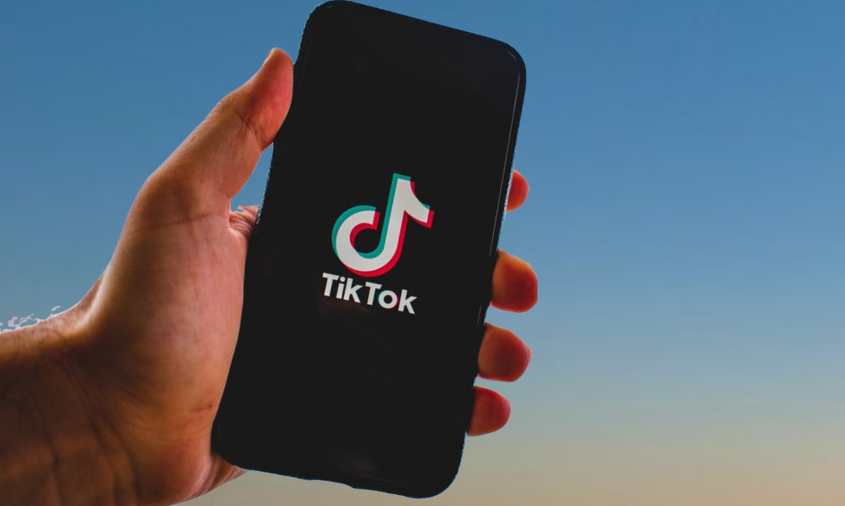TikTok’s survival hopes rise as U.S. Supreme Court steps in to hear case against looming ban

TikTok’s hope of survival rose on Thursday as the U.S. Supreme Court agreed to hear its bid to block the looming ban. The U.S. Supreme Court announced Wednesday it will review TikTok’s appeal against a law set to force the app’s sale by January 19 or ban it outright over national security concerns. This decision to hear arguments on January 10 gives TikTok and its parent company ByteDance a chance to challenge the legislation that has stirred controversy and legal battles.
The announcement follows TikTok’s urgent appeal to the Supreme Court just two days earlier, seeking to block a federal law that could ban the popular platform in the U.S. unless its China-based parent company agrees to sell it.
For now, the court has not granted TikTok and ByteDance’s emergency request to halt the impending ban. The law, signed by President Joe Biden in April, reflects fears that TikTok’s Chinese ownership poses a threat to national security. The Justice Department has argued that TikTok’s access to user data—ranging from private messages to location details—could be exploited for content manipulation or surveillance, a claim TikTok firmly denies. In March, the U.S. House of Representatives voted in favor of banning TikTok from operating within the country with a resounding 352-65 vote.
TikTok’s Fight Isn’t Over
TikTok, a platform used by 170 million Americans, asserts that it does not and would not share U.S. user data with the Chinese government. The company has framed the proposed ban as unconstitutional, arguing it infringes on free speech rights protected by the First Amendment. “We believe the court will find the TikTok ban unconstitutional so the over 170 million Americans on our platform can continue to exercise their free speech rights,” the company said in a statement.
The stakes are high. TikTok contends that even a brief shutdown would cause irreparable harm, potentially costing the app one-third of its U.S. users and severely impacting its ability to attract advertisers, creators, and employees.
This legal battle comes amid broader trade tensions between the United States and China. The Biden administration’s new restrictions on China’s chip industry and Beijing’s retaliatory bans on certain raw materials have added more strain to the relationship between the two economic superpowers.
Meanwhile, Senate Republican leader Mitch McConnell filed a brief urging the Supreme Court to reject any delays, likening TikTok to a “hardened criminal,” Reuters reported. Former President Donald Trump—who famously attempted to ban TikTok in 2020—has taken a surprising turn, saying he has “a warm spot in my heart for TikTok” and promising to review the issue after taking office on January 20.
The D.C. Circuit Court of Appeals previously upheld the law, stating, “The First Amendment exists to protect free speech in the United States. Here the government acted solely to protect that freedom from a foreign adversary nation and to limit that adversary’s ability to gather data on people in the United States.”
TikTok’s legal team maintains that users have the right to make their own informed decisions about the app. They argue that “if Americans, duly informed of the alleged risks… choose to continue viewing content on TikTok with their eyes wide open, the First Amendment entrusts them with making that choice, free from the government’s censorship.”
The law would also block access to TikTok via app stores unless ByteDance divests the platform by the deadline. Critics warn that this ban could set a precedent for similar crackdowns on other foreign-owned apps in the future, raising questions about how far the government can go in regulating tech platforms.
The outcome of this case will not only determine TikTok’s future in the United States but may also shape the broader debate over data security, government oversight, and free speech in the digital age.




